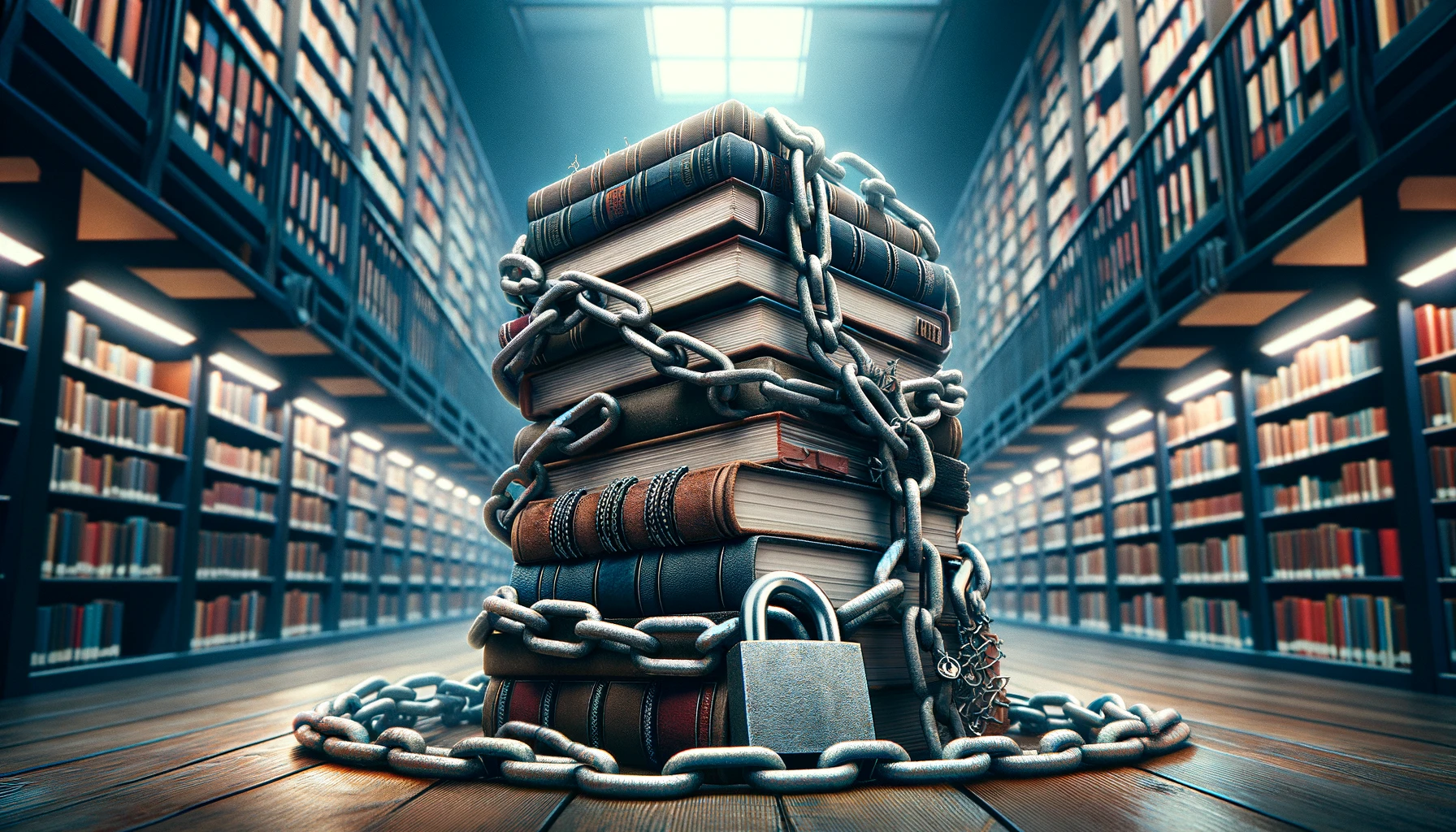While the Cobb County School Board bans books from classroom shelves, the county’s public libraries are inviting residents to do the opposite: read them.
🎯 What’s Happening: Cobb County libraries are marking Banned Books Week from October 5-11 with a reading challenge that celebrates the very titles school officials have deemed too explicit for students.
The libraries are running a Banned and Challenged Books reading challenge throughout October for adults 18 and older through Beanstack. Readers who complete it can win one of 10 Banned Books Week prize packs.
Banned Books Week is an annual event organized by the American Library Association that celebrates the freedom to read and highlights open access to information.
⚖️ The Split: The timing puts two public institutions in the same county on opposite sides of the same books.
Superintendent Chris Ragsdale has overseen the removal of several titles from school media centers since last year, citing sexually explicit content. The removals include several books from Sarah J. Maas’s popular A Court of Thorns and Roses series.
At one school board meeting, Ragsdale defended the process: “We have an independent professional obligation to protect students from lewd and vulgar materials regardless of whether any parent, group, or outside entity files a complaint.”
He’s called the issue “about good and evil” and said the district is reviewing its collection of more than one million items.
🔍 Between the Lines: Public libraries operate under different rules than school libraries. They serve all ages and are governed by principles of intellectual freedom rather than age-appropriate curriculum standards.
The reading challenge is limited to adults, but the books themselves remain available to anyone with a library card.
🗣️ The Debate: The removals have split the community. Some parents support limiting student access to sexually explicit material in schools. Others worry the bans amount to censorship and limit exposure to diverse perspectives.
Ragsdale has encouraged those who disagree to review the books themselves using bookstores, public libraries, or online resources. He’s noted parents can still provide the books to their children at home.
📜 The First Amendment: “Congress shall make no law respecting an establishment of religion, or prohibiting the free exercise thereof; or abridging the freedom of speech, or of the press; or the right of the people peaceably to assemble, and to petition the Government for a redress of grievances.”
What Does it Mean: The First Amendment protects five big freedoms that everyone in the United States has.
These are the five freedoms:
- Freedom of Religion — You can believe in any religion you want, or not believe in any religion at all. The government can’t force you to believe something or punish you for your beliefs.
- Freedom of Speech — You can say what you think and share your ideas, even if others don’t agree with you without the threat of retribution from the government.
- Freedom of the Press — Newspapers, TV, websites, and reporters can share news and opinions without the government telling them what to say.
- Freedom to Assemble — You can gather in groups to protest, march, or meet peacefully to talk about things you care about.
- Freedom to Petition the Government — You can ask the government and government representatives to fix problems or make changes by writing letters, starting petitions, or speaking out in public.
In short, the First Amendment makes sure you can have your own thoughts, share your ideas, and stand up for what you believe — as long as you do it peacefully.
The Sources:
- Cobb County Public Library System
- American Library Association
- Georgia Sun Archives

B.T. Clark
B.T. Clark is an award-winning journalist and the Publisher of The Georgia Sun. He has 25 years of experience in journalism and served as Managing Editor of Neighbor Newspapers in metro Atlanta for 15 years and Digital Director at Times-Journal Inc. for 8 years. His work has appeared in several newspapers throughout the state including Neighbor Newspapers, The Cherokee Tribune and The Marietta Daily Journal. He is a Georgia native and a fifth-generation Georgian.


